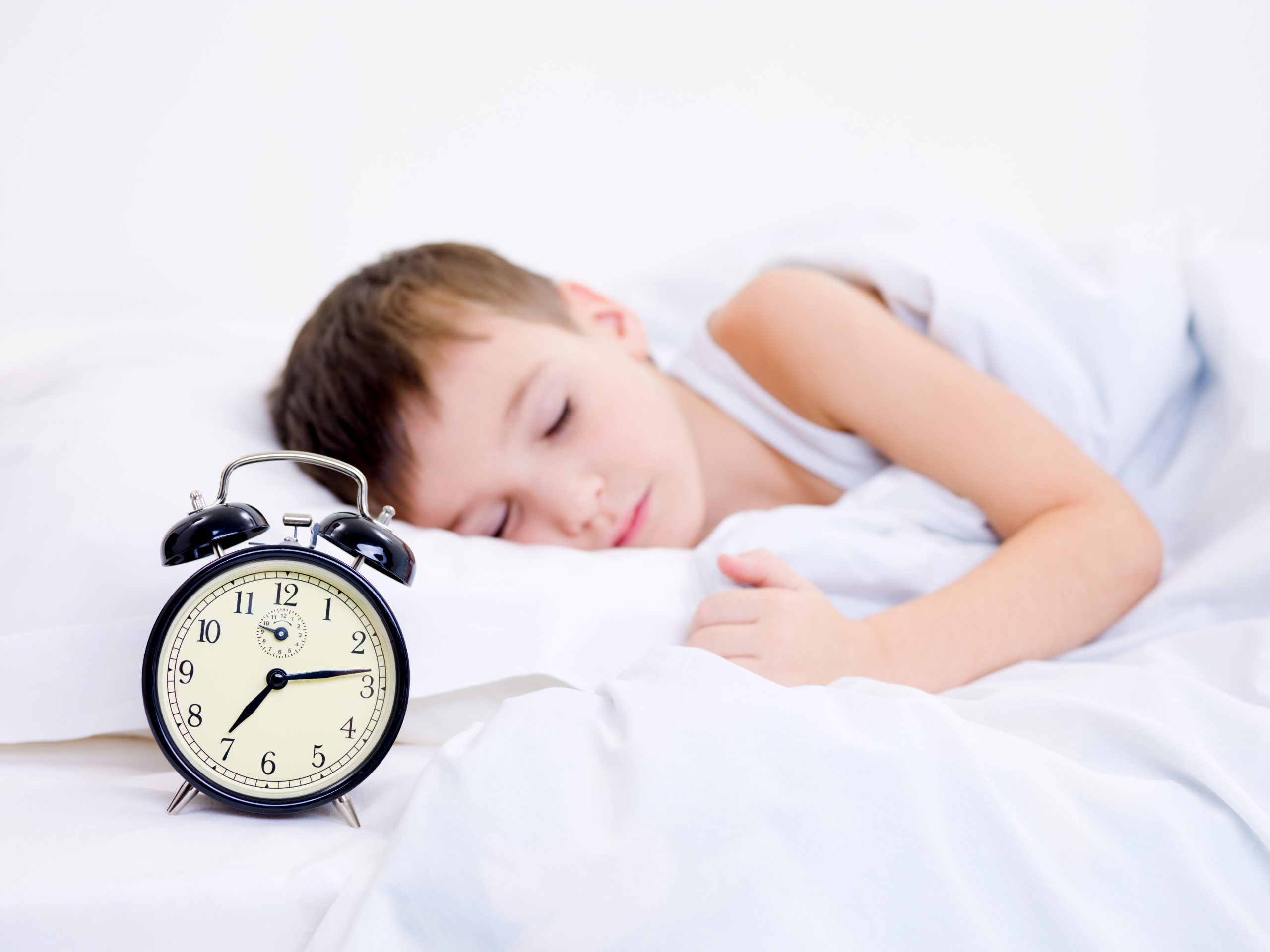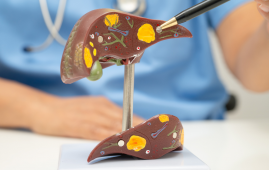

According to new research from the University of East Anglia, infants who have more nap time have smaller vocabularies and weaker cognitive skills.
Parents all over the world are concerned about their children getting too little or too much sleep.
However, according to a new study accepted for publication in JCPP Advances, certain youngsters are more efficient at absorbing knowledge while sleeping, therefore they nap less frequently.
Others, typically those with fewer words and worse cognitive abilities, require more frequent slots of nap time.
According to the research team, limiting naps for young children will not promote their brain development, and they should be permitted to snooze as frequently and for as long as they require.
“There is a lot of parental anxiety around sleep,” stated lead researcher Dr. Teodora Gliga. Parents are concerned that their children do not nap as often as expected for their age—or that they snooze too frequently and for too long.
“But our research shows that how frequently a child have nap time reflects their individual cognitive need. Some are more efficient at consolidating information during sleep, so they nap less frequently.
“Children with smaller vocabularies or a lower score in a measure of executive function, have more nap time.
“Young children will naturally nap for as long as they need and they should be allowed to do just that,” she added.
During the 2020 lockdown, the study team monitored 463 infants aged eight months to three years.
Parents were polled regarding their children’s sleeping habits, capacity to focus on a task, recall knowledge, and the number of words they comprehended and could say.
They also asked parents about their socioeconomic situation, including postcode, income, and education, as well as how much screen time and outdoor activities their child participated in.
Dr. Gliga said, “Lockdown gave us an opportunity to study children’s intrinsic sleep needs because when children are in childcare, they rarely have nap time as much as they need to.
“Because nurseries were closed, it meant less disturbance to the children’s natural sleep patterns. None of the children taking part were attending day care.
“What we found is that the structure of daytime sleep is an indicator of cognitive development.
“Infants with more frequent but shorter nap times than expected for their age had smaller vocabularies, and worse cognitive function.
“We also found that this negative association between vocabulary and frequency of naps was stronger in older children,” she added.
“While the majority of parents told us that their child’s sleep was unaffected by lockdown, parents from lower socio-economic backgrounds were more likely to report a worsening in sleep.
“Screen time increased during lockdown and outdoor activities decreased but these did not explain differences in children’s sleep.
“Previous work suggested that caregivers should encourage frequent nap time, in pre-school children.
“Our findings suggest that children have different sleep needs—some children may drop nap time earlier because they don’t need them anymore. Others may still need nap time past three years of age.
“In the U.K., preschools enrolling 3 to 5-year-olds have no provisions for napping. Caregivers should use a child’s mental age and not chronological age to ascertain a child’s sleep needs,” she added.
more recommended stories
 Fragmentome Technology Detects Early Liver Fibrosis
Fragmentome Technology Detects Early Liver FibrosisKey Points at a Glance AI-based.
 Dance for Healthy Aging: Study Highlights Benefits
Dance for Healthy Aging: Study Highlights BenefitsKey Points at a Glance A.
 Breast Cancer Prognosis Linked to High-Fat Diet
Breast Cancer Prognosis Linked to High-Fat DietKey Points A high-fat diet accelerated.
 CTNNB1 Syndrome Study Explores Beta-Catenin Defects
CTNNB1 Syndrome Study Explores Beta-Catenin DefectsKey Takeaways Researchers in Spain are.
 Advanced Prostate Cancer and Serial ctDNA Analysis
Advanced Prostate Cancer and Serial ctDNA AnalysisKey Takeaways Serial liquid biopsies using.
 Tuberculosis Breakthrough with Experimental Antibiotics
Tuberculosis Breakthrough with Experimental AntibioticsKey Takeaways Experimental antibiotics disrupt a.
 National Healthy Longevity Trial Receives Federal Support
National Healthy Longevity Trial Receives Federal SupportKey Summary Up to $38 million.
 Vascular Health Linked to Early Alzheimer’s Brain Changes
Vascular Health Linked to Early Alzheimer’s Brain ChangesKey Takeaways Brain vascular health is.
 Red Blood Cells Improve Glucose Tolerance Under Hypoxia
Red Blood Cells Improve Glucose Tolerance Under HypoxiaKey Takeaways for Clinicians Chronic hypoxia.
 Nanoplastics in Brain Tissue and Neurological Risk
Nanoplastics in Brain Tissue and Neurological RiskKey Takeaways for HCPs Nanoplastics are.

Leave a Comment